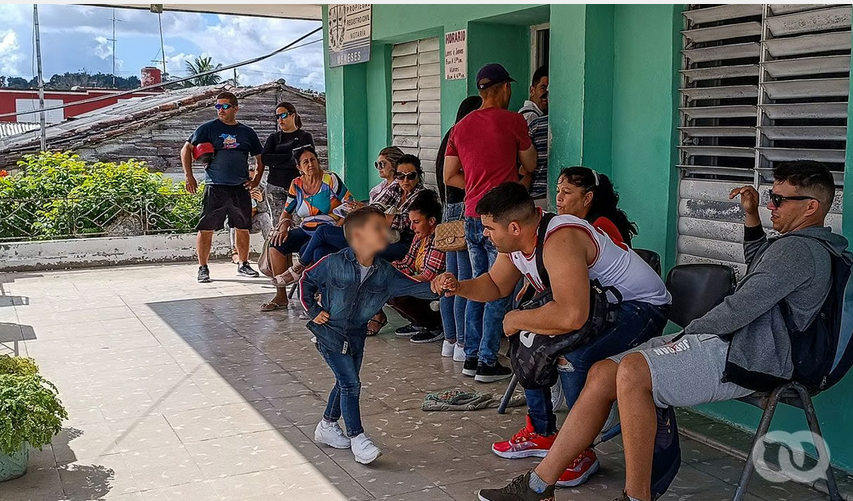
HAVANA TIMES – The sanction of a teacher who assaulted a 5-year-old child with a wooden instrument in the Sancti Spiritus town of Jarahueca is not an isolated incident. Although few incidents of this type become public on social media, there is a normalization of violence to discipline children in Cuba, both in schools and homes.
A recent report by the United Nations Children’s Fund (Unicef) Office in Cuba revealed that many families in Cuba apply violent disciplinary methods. The document includes an analysis of 209 studies conducted between 2000 and 2020.
The 2019 Multiple Indicator Cluster Survey (MICS 6-Cuba) showed significant data. Among them, 41.6% of children and adolescents aged 1 to 14 years were subjected to some form of violent discipline, 29.1% to psychological aggression, and 33.1% to physical punishment. Severe forms of physical punishment are less common, representing 1.6% (the age groups of 5 to 9 years and 10 to 14 years show the highest percentages at 2.5%).
From domestic violence to school bullying, sexual abuse, and forms of digital violence, the report addresses a problem that, although recognized, still requires greater efforts for its eradication.
Violent Parenting
“Throwing a pitcher of water in the face,” “giving a few slaps with a sandal,” and “putting her under the shower with clothes on” were some of the advice given by several mothers on social media to “solve” the misbehavior of a 2-year-old girl.
In response to a mother’s desperation over her daughter’s “tantrums,” very few suggested dialogue, patience, or non-violent methods to calm the little girl and understand her expression of negative emotions.
“The younger you correct her, the better,” some said. “Take her to the psychologist,” others responded. Most agreed that a slap does not cause harm or create trauma for the rest of life.
However, the impact of violence has been documented, and some visible effects vary according to the nature and severity of the incident, but the short and long-term consequences can be devastating.
For example, the study cites, early exposure to violence negatively influences the learning and socialization processes of children and adolescents and fosters violent behavior patterns.
Prolonged exposure to violence during childhood and adolescence can also lead to social, emotional, and cognitive limitations. Individuals subjected to violence at an early age may adopt risky behaviors for physical and emotional h


